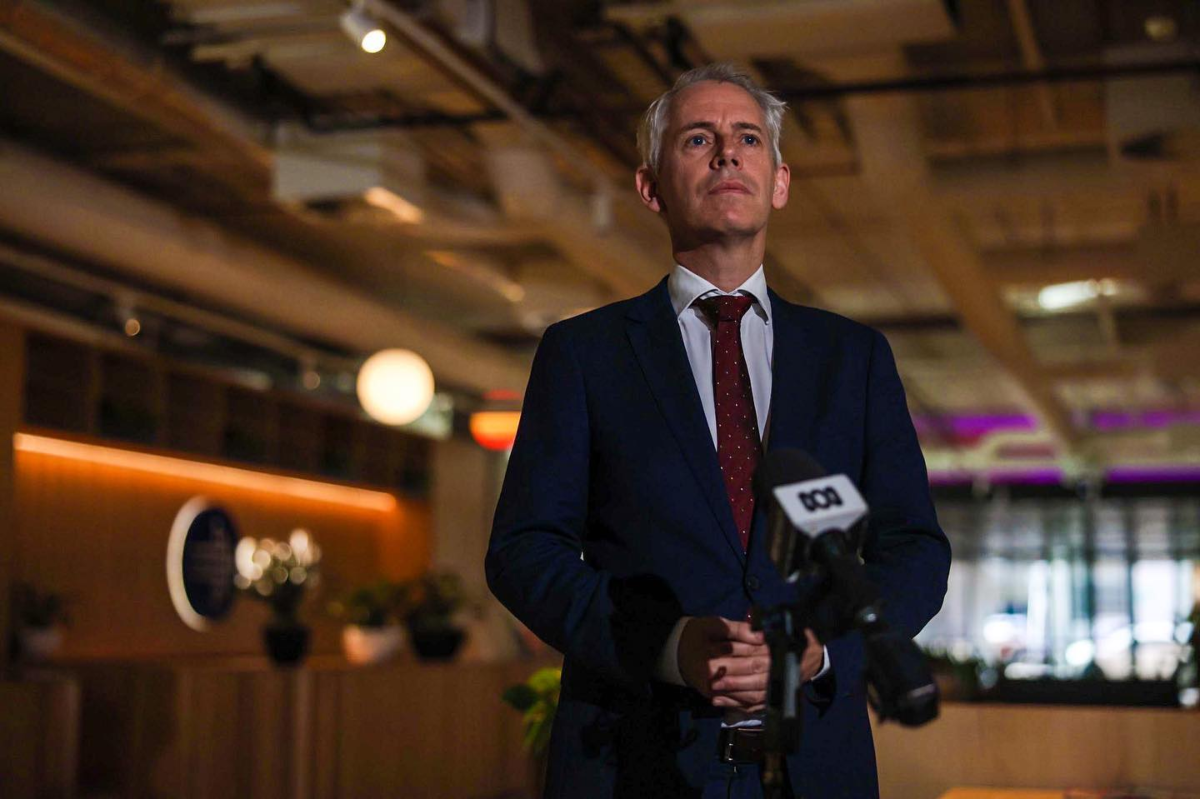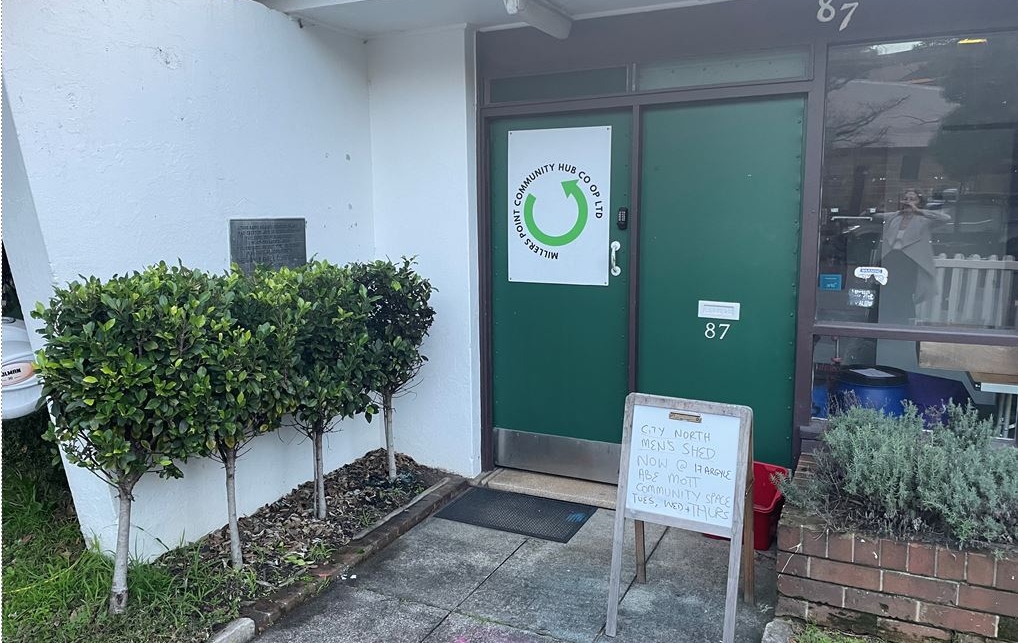

Image: The Minister of Immigration, Citizenship and Multicultural Affairs, Andrew Giles. Image: Andrew Giles/Facebook
By LAUREN FROST
Migrant rights advocates are over the moon following the Albanese Government’s announcement on Monday that visa-based protections for exploited migrant workers in Australia will be put in place by the end of this month.
The Minister of Immigration, Citizenship and Multicultural Affairs, Andrew Giles, committed to three significant legislations regarding migrant visa protections earlier this week. These are:
– Protection against visa cancellation
– Flexible visa requirements for future sponsorship visas
– A short-term visa to allow migrant workers to make claims for wages owed and hold exploitative employers to account
It was also announced that the Government will introduce regulations to ensure all workers are protected by Australian workplace laws and to allow migrants to leave exploitative employers and work to support themselves for up to six months whilst finding a new sponsor.
Essentially, this legislation will protect migrant workers who report workplace abuse and will allow for increased flexibility in terms of applying for visa provisions following such abuse.
The Government’s commitment to these protections is a welcome one to the many migrant workers and allies who have campaigned for these changes for many years. Specifically, the Human Rights Law Centre, Migrant Justice Institute, and academics from UNSW and UTS who have spearheaded 40 organisations such as trade unions and migrant rights and faith-based groups that have long been demanding these protections for migrant workers in Australia.
Advocate with the Migrant Workers Centre and temporary visa holder, Inderjit Kaur said, “I had my wages stolen by two employers, because they knew my visa could be cancelled if I stood up to them, and they took advantage of that.”
“Because I had no security with my visa, I could not take action until it was too late. I never got back any of the money that was stolen from me and my visa is now uncertain. This should not have happened to my family, and it should not happen to migrants who are coming to Australia now.”
Unfortunately, this has been the reality for many migrant workers in Australia, and these newly announced protections are an important step in combating the exploitation of these workers.
The new measures introduced will make it a criminal offence to coerce an individual into breaching the conditions of their visa and introduce prohibition notices to employers who have exploited migrant workers to prevent them from hiring people on temporary visas.
Additionally, increased penalties and new compliance tools will be introduced to deter migrant worker exploitation, and section 235 of the Migration Act will be repealed, which has long been undermining the reporting of exploitive employers.
CEO of the Migrant Workers Centre, Matt Kunkel, said, “These changes are welcome first steps towards removing the inherent uncertainty and insecurity at the core of our migration system.”

“Migrant workers and their supporters have been calling for these measures and are determined to ensure their implementation achieves the goal of stamping out workplace exploitation.”
Associate Professor Bassina Farbenblum, Co-Executive Director of the Migrant Justice Institute, and UNSW Faculty of Law & Justice is similarly optimistic and said these visa protections could be a “game-changer” in terms of eradicating migrant worker exploitation.
“For the first time, migrant workers could safely address wage theft and walk away from employers who exploit them without risking their visa. Dodgy employers will no longer be able to assume that international students and other migrants will suffer in silence if they’re underpaid or abused.”
Professor Farbenblum said that in order for this to be possible, however, these legislations must be “effectively designed”.
Still more to be done
Also speaking for the Migrant Justice Institute, Associate Professor Laurie Berg who is Co-Executive Director of the organisation and Faculty of Law, University of Technology Sydney said that these changes in legislation must occur as soon as possible.
“The cap on international students ’work hours returns on 1 July,” she said, referring to the re-introduction of restricted work hours for international students following it’s removal during the COVID-19 pandemic.
Although the cap has been increased slightly from the pre-pandemic limit of 40 hours to 48 hours per fortnight, it could still lead to significant financial hardship for student visa holders in Australia.
“Employers know that if students work more hours than permitted, their visa could be cancelled if they report abuse,” Professor Berg continued.
“The combination of cost-of-living pressures to work more hours and lack of visa protections will create a perfect storm for widespread exploitation that may be the worst we’ve seen.”
Not only this but many advocates as well as the coalition have stressed the importance of ‘co-design’ in ensuring these visa protections are effective.
Sanmati Verma, Managing Lawyer at the Human Rights Law Centre, said “The Albanese government has heeded the call from migrant workers and their allies to introduce protections into the migration regime. It has a critical opportunity over the coming months to design out some of the levers for exploitation in the migration regime.”










